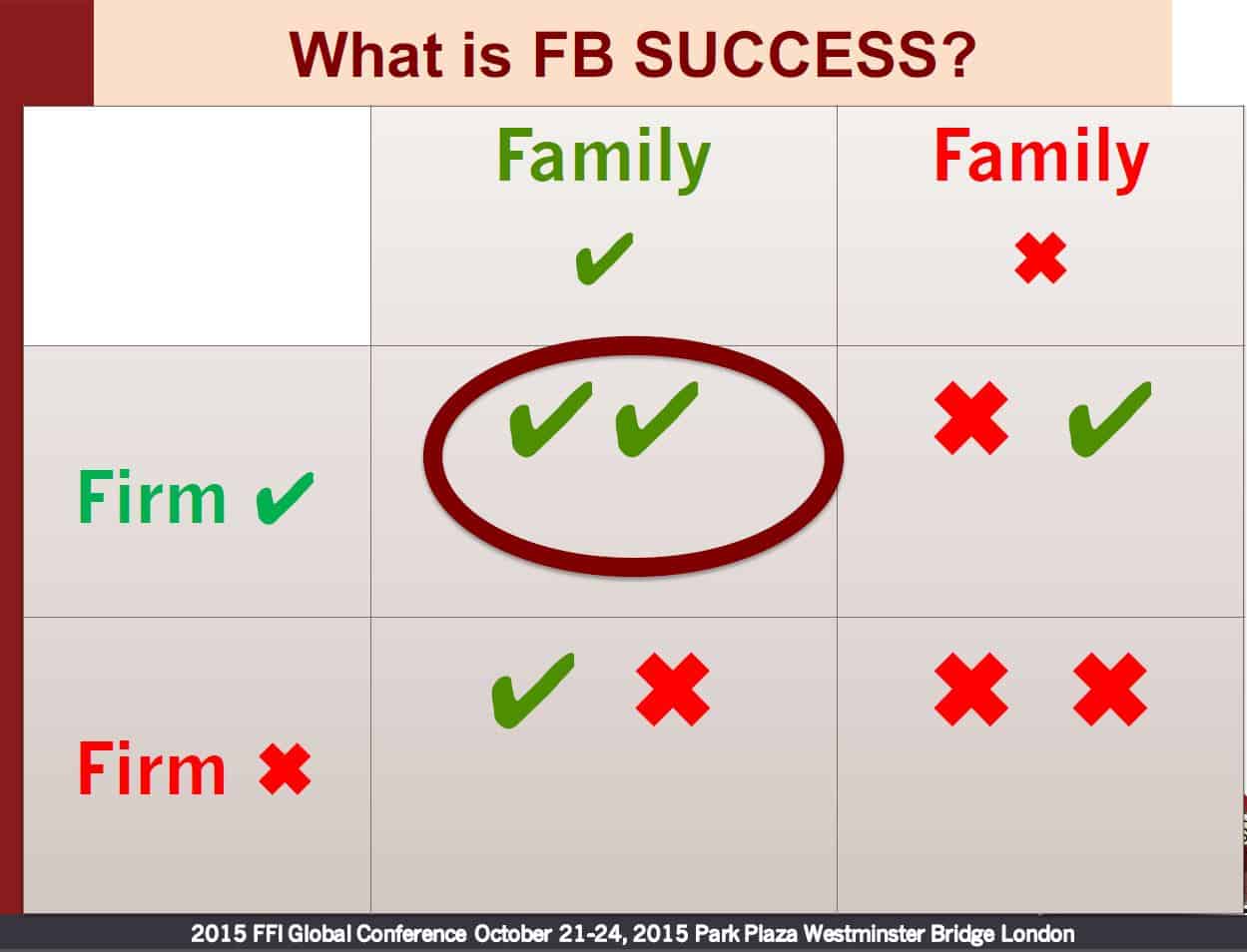Sometimes a provocative title just feels right. This one came to me last week, upon learning of the death of a one-time friend of who passed away a few weeks ago.
This brought to two the number of friends in their early 50’s that I lost in 2015, and I was a bit shook up by the news. Both were men for whom I had a great deal of respect and admiration, and both left a few teenagers fatherless.
As a father of two teens, in my early fifties, I feel like there is something here for me to think about, write about, and do something about. I have already started the thinking, and I am currently doing the writing, soon will come the time to start doing the doing.
I know that few people like to be told what to do, so I long ago tried to abandon that method of persuasion. And while I appreciate the importance of thinking, contemplating, and planning, that will only take you so far. The results anyone gets in life usually come back to the ACTIONS that they have taken.
In December of each year, my executive coach, Melissa, encourages her clients to think of one word that they will use to guide them for the next year, kind of like a theme to pursue. Last week I emailed her to tell her that my word for 2016 will be ACTION.
Please notice that I did not title this blog post “Life is finite, think about it”, or “Life is finite, write about it”. I specifically chose the expression “Deal with it”, for a couple of reasons.
The first reason is that it is meant to be provocative, and be noticed. But more than that, I hope that people will take the actions required to properly deal with the reality that everyone’s days on earth are numbered.
“Deal with it” has become almost a throw-away line, akin to “get over it”, and there is also that element that I am going for. But I am also hoping that the action of dealing with it will begin to happen, at least for some of my readership.
Since last summer, Tom, my long time friend and the brother I never had, who also plays the role of non-family member of our family council, has been pestering me about updating my will. Initially, it was, “yes, after the summer, when the kids are back in school.” He continues to pester me, but that is on me, not him.
They say that leaders go first, so I am hereby committing to undertaking my personal will review and updating in 2016-Q1, and until such time as I have completed it, I shall not push others to do so. I do promise to write again about the experience, in ways that can hopefully again encourage others to follow suit.
In the meantime, if you have not yet picked up and read “Willing Wisdom”, by my friend Tom Deans, that is as good a place to begin as any. Deans believes, as I do, that not only should your will be up-to-date, but that its contents should be shared with the family.
Sometimes people refer to themselves as “thought leaders” (kinda makes me laugh sometimes), so I will try to be an “action leader” on this.
Let me leave you with one major thought: Talking about sex never got anyone pregnant, and talking about money never made anybody rich (or poor, for that matter). So can we please stop acting like talking about death will kill you?
Ideally, after you die, your family will be sad and they will miss you. The grief should be plenty for them to deal with. Please take the time to make sure that everything else is in order, and spare them having to also deal with a big mess that you could have (and should have) taken care of in advance.
If you are fortunate enough to be part of a family that owns a business or has significant wealth, then this is even more important.
Now is the time to Deal With It.


